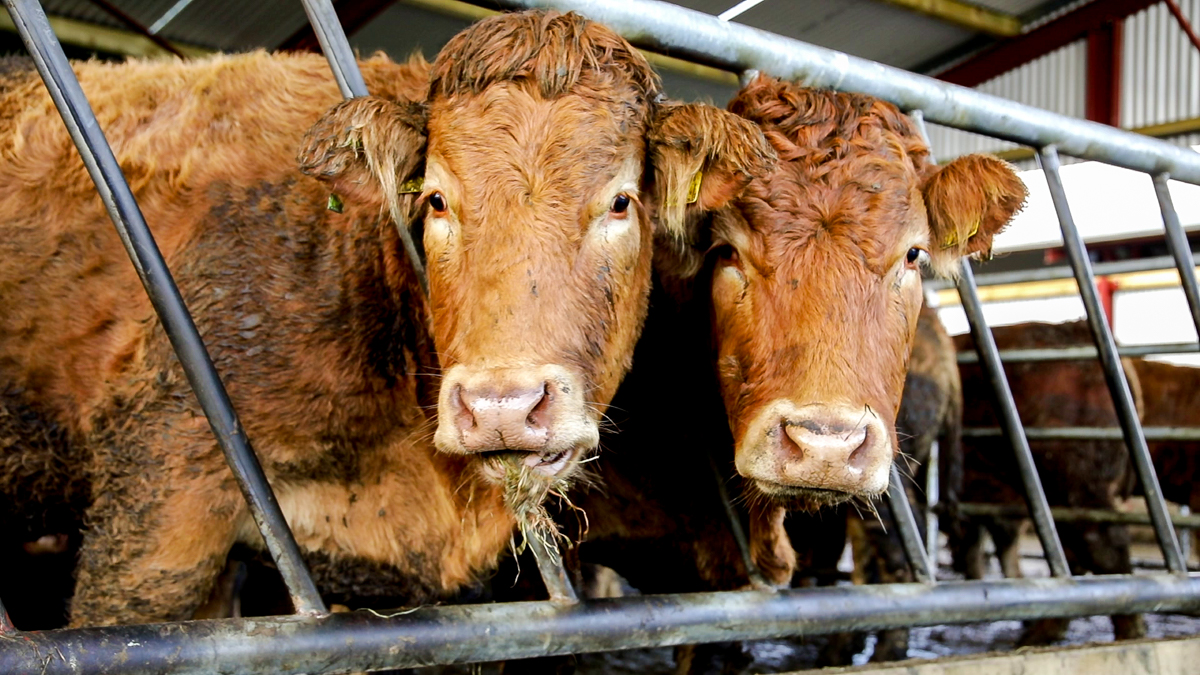A meeting of the Beef Market Taskforce took place today (Thursday, December 17), in which the second of three reports by professional services firm Grant Thornton was discussed.
This latest report looks into market and customer requirements relating to in-spec bonuses. A draft version of the report has been shared with members of the taskforce.
Grant Thornton was commissioned by the taskforce to compile three reports. Apart from today’s draft report, the other two are on competition law as it relates to the beef sector (which has already been shared with the taskforce); and the price composition of animals along the supply chain.
MII claimed that the report “is a further independent validation of the market specification requirements that need to be met if Irish beef is to secure and retain the best customer base across all our markets”.
“The report also emphasised the evolving nature of market requirements. Producing cattle that meet the requirements of the maximum number of customers remains the best approach to secure the best returns from the marketplace,” the industry group asserted.
Earlier report
The report on competition law in the beef sector has already been shown to the taskforce. That report examined competition law in Ireland, and the roles and responsibilities of various actors in enforcing competition law in the beef sector.
The report affirmed that there is no legislative role for the Minister for Agriculture, Food and the Marine in determining prices for agricultural products.
It also stated that it remains unclear what role the Competition and Consumer Protection Commission (CCPC) will have in implementing the EU Directive on Unfair Trading Practices.
That first report examined competition law as it relates to three specific areas: the role of the CCPC; producer organisations (POs); and co-operatives.
